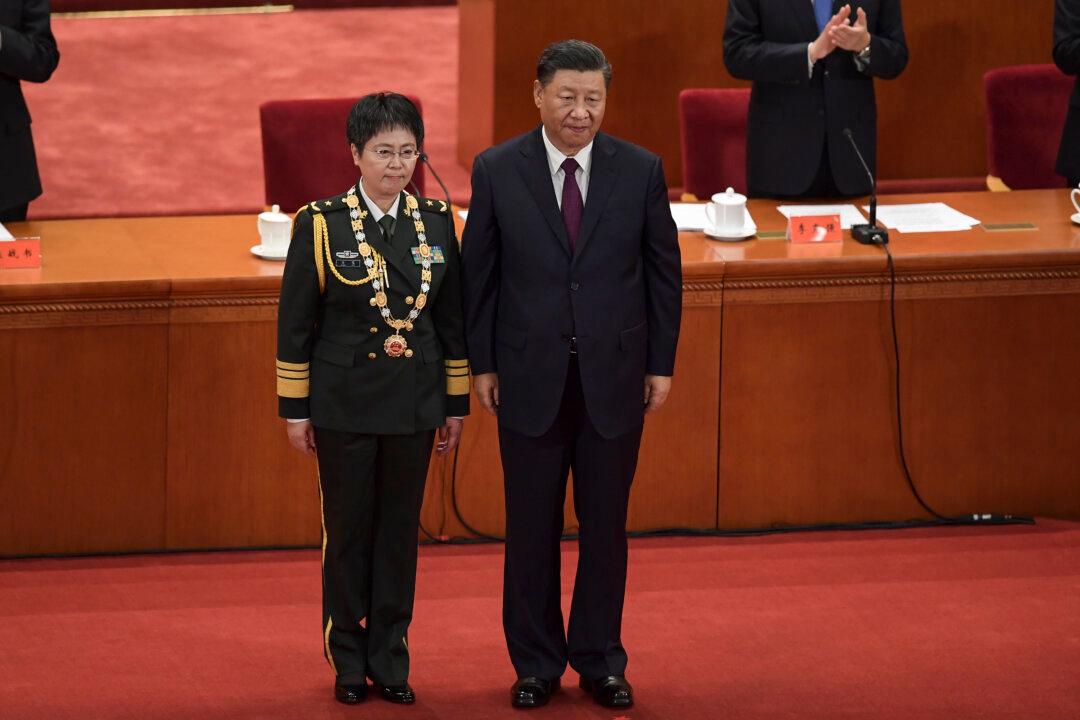The COVID-19 vaccine developed by Chinese company CanSino, which Ottawa partnered with before the deal fell through, used technology developed in a 2016 paper on Ebola by a now-fired scientist from a government laboratory in Winnipeg and a Chinese major general, according to an expert.
The government’s partnership on the clinical development of the CanSino vaccine, first announced on May 12, 2020, fell apart on Aug. 26, 2020, after Beijing blocked the shipment of the vaccine to Canada.





